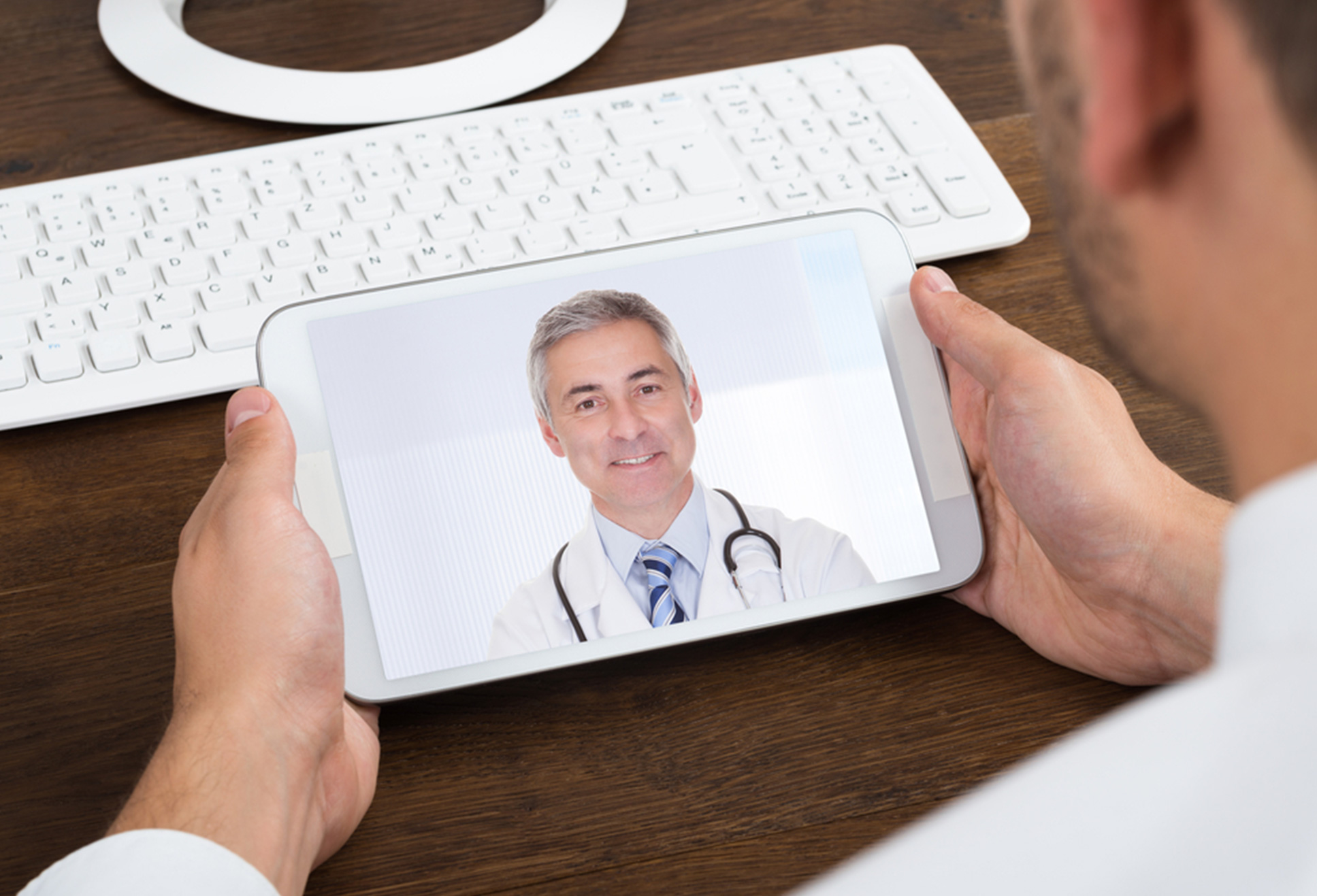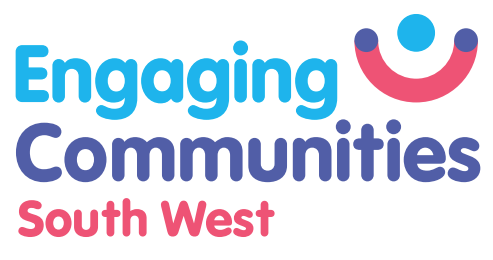We need your views on the effect of Video Consultations
12.04.2022

An NHS supported consultation has been launched to find out the effect not being able to use video consultations is having on patients in Devon.
In recent years, health, care, wellbeing and community support services such as hospitals have had to introduce a ‘digital’ way for the public to use their service. This may have involved using technology such as computers, tablets or smartphones to use the service via the internet.
NHS England and NHS Improvement have commissioned the South West Academic Health Science Network and Engaging Communities South West to find out how being digital excluded (i.e. being unable to access or use technology, devices or the internet for a variety of reasons) has impacted on patients’ healthcare experiences, needs and outcomes.
They have launched a survey for people who have been offered video or remote health and care consultations but have been unable to use them or found them difficult to use, for whatever reason.
It is available to fill out online via www.surveymonkey.co.uk/r/PatientDigitalExclusion and printed versions can be sent to you or your organisation with a prepaid envelope by calling freephone 08000 520 029 or emailing info@engagingcommunitiessouthwest.org.uk.
Engaging Communities South West (ECSW) are also hoping to set up related focus groups for patients offered video consultations in the following clinical areas: Chronic respiratory disease, Perinatal, Children & Young People’s Mental Health and Carers (and the Cared For). ECSW Chair Dr Kevin Dixon said:
“With essential services facing unprecedented challenges, it is really important to share your feedback. It really could make a difference, as service leaders may use your feedback to improve their digital offer to you.”
“If you wish to take part in a focus group or request a printed survey, please get in touch with us.”
The survey is open to the public until 9th May 2022. Local not-for-profit organisation ECSW will then be independently collating and analysing all data received and creating a final report to share with local providers, commissioners and stakeholders.

